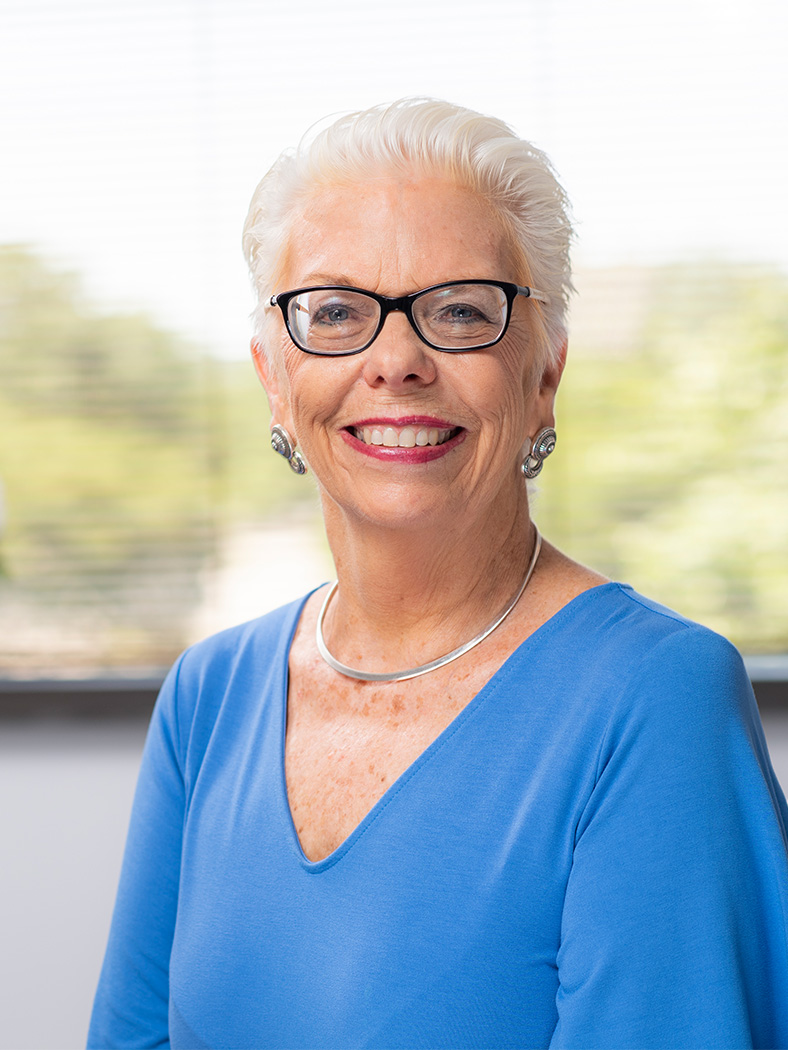Q. My mother was recently diagnosed with cancer and is seeing a local oncologist. I'm wondering if I should research oncologists or hospitals that specialize in the treatment of her type of cancer. I don't think she wants to change, but I want to make sure we're doing everything possible. Should I proceed with my research?
Caregivers struggle with how they can help their family member while at the same time not take over making medical and life decisions. One way you can feel more helpful is to find out information about the diagnosis, treatment and possible clinical trials. You may also suggest getting a second opinion from a specialist. It is important, however, to listen to your mother and not make the decisions for her. Ultimately, she has to feel comfortable and trust her doctor. Being able to communicate with the doctor and the medical team will help improve the quality of the care your mother receives.
Talk to your mother about your concerns. If she is finding it difficult to talk to her doctor, help her formulate questions and offer to go to her treatments and doctor visits. Often times, patients have a difficult time taking in all that is said during an appointment, so you can be helpful by taking notes. This will not only provide support to your mother but may also allow you to feel more in control.
For more tips read our booklet, Communicating With Your Health Care Team.
You might also want to join a support group to address some of your concerns and hear how others manage communication issues. CancerCare offers telephone, online and face-to-face support groups for caregivers. Caring for yourself is extremely important when coping with a loved one’s cancer. To learn more about how to help your loved one with medical as well as emotional concerns, read our publications, Caregiving for Your Loved One with Cancer and Caring Advice for Caregivers: How Can You Help Yourself?

 Answered by
Answered by